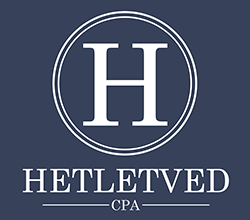Record Keeping
Below are the guidelines for storing Business and Personal records.
Business
Keep Forever
- Tax Returns and Worksheets
- Property Records
- Depreciation Schedules
- Financial Statements
- Cancelled Checks for Important Payments
- Retirement and Pension Records
- Legal Records, Correspondence and Other Important Matters
- Contracts and Leases Currently in Effect
- Corporate Documents
- Documents Substantiating Fixed Asset Additions
- Property Appraisals by Outside Appraisers
- Mortgages and Bills of Sale
- Minute Books of Directors and Stockholders
Keep For 1 Year
- Correspondence with Customers and Vendors
- Duplicate Deposit Slips
Keep For 3 Years
- Bank Statements and Reconciliation’s
- Employee Personnel Records After Termination
- Time Cards for Hourly Employees
- Employment Applications
Keep For 6 Years
- Accounts Payable Ledgers and Schedules
- Accounts Receivable Ledgers and Schedules
- Employment Tax Records
- Inventories of Products
- Invoices to Customers
- Notes of Receivable Ledgers and Schedules
- Payroll Records and Summaries Including Payment to Pensioners
- Sales Records
- Subsidiary Ledgers
- Travel and Entertainment Records
Personal
Keep Forever
- Legal Records
- Income Tax Returns
- Income Tax Payment Checks
- Investment Trade Confirmations
- Retirement and Pension Records
- Year End Mutual Fund and IRA Contribution Statements
Keep For 6 Years
- Medical Bills
- Property Records
- Other Tax-Related Bills
- Wage Garnishments
- Supporting Documents For Tax Returns
Special Circumstances
- Mortgages/Deeds/Leases (Keep 6 Years Beyond The Agreement)
- Pay Stubs (Keep Until Reconciled With Your W-2)
- Property Records/Improvement Receipts (Keep Until Property Sold)
- Depreciation Schedules and Other Capital Asset Records (Keep for 3 Years After The Tax Life of The Asset)

